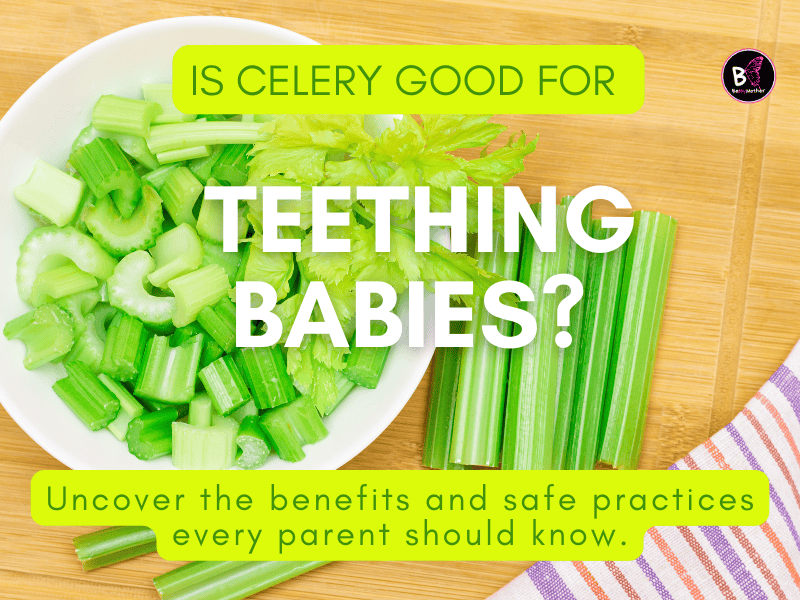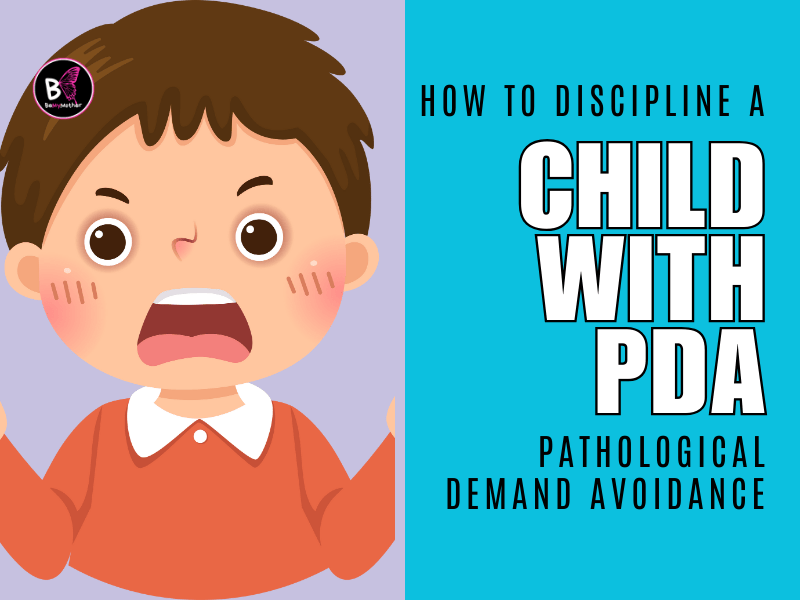Teething can be a challenging phase for both babies and parents. The discomfort, drooling, and irritability make it a tough time for little ones. Amidst the array of teething remedies, celery often comes up as a natural option. But is celery good for teething babies? This guide dives deep into the safety, benefits, and myths surrounding celery for teething. Backed by credible research and expert insights, we’ll explore everything you need to know about using celery for your baby’s aching gums.
Why Is Celery Good for Teething Babies?
Celery is often touted as a helpful teething aid due to its natural texture and cooling properties. Its fibrous structure provides a gentle massage for sore gums, while its high water content offers a soothing effect.
According to the American Academy of Pediatrics (AAP), firm vegetables like celery can be introduced to teething babies as long as they are appropriately prepared to minimize choking risks. Celery’s natural crunchiness gives babies something to chew on, and its cooling effect can temporarily relieve gum pain. However, it’s essential to supervise your baby during use to avoid any risks.
How to Safely Prepare Celery for Teething Babies

Safety is paramount when offering celery to teething babies. Its fibrous texture can pose a choking hazard if not prepared correctly.
- Cut Celery Sticks Appropriately: Ensure celery sticks are long enough (at least 4-6 inches) for your baby to hold, preventing them from putting the entire piece in their mouth.
- Chill Before Use: Refrigerate or freeze celery sticks to enhance their soothing properties.
- Inspect Regularly: Always check for small pieces that may break off as your baby chews.
The American Academy of Pediatrics (AAP) and (Centers for Disease Control and Prevention) CDC recommend constant supervision during any teething activity to prevent choking hazards. Always follow safe feeding guidelines.
Is Celery a Choking Hazard or Allergen for Babies?
While celery can be a beneficial teething tool, it has risks. Here are the key concerns:
- Choking Hazard: Celery’s fibrous strands can break into small pieces, posing a choking risk. Ensure the celery is cut into safe sizes and monitored closely.
- Allergenicity: According to Food Allergy Research & Education (FARE), celery is a common allergen in some parts of the world, particularly in Europe. When introducing celery, watch for signs of an allergic reaction, such as swelling, hives, or difficulty breathing.
Health Benefits of Celery for Babies
Celery is more than just a teething remedy. Its nutritional profile offers several benefits for growing babies:
| Nutrient | Benefits |
| Vitamin K | Supports healthy blood clotting and bone health. |
| Vitamin C | Boosts immunity and aids in skin health. |
| Antioxidants | Helps combat inflammation and oxidative stress. |
| High Water Content | Keeps babies hydrated and cools sore gums. |
The USDA Food Data Central highlights celery as a low-calorie, nutrient-rich vegetable. However, its nitrate content should be considered when preparing homemade baby foods, as excessive nitrates may not be suitable for infants under six months.
When Can Babies Have Celery?
Babies can start experimenting with celery once they begin solid foods, typically around 6-8 months. The World Health Organization (WHO) and AAP recommend introducing solids when a baby shows readiness signs, such as good head control and interest in food.
Celery can be introduced earlier for teething purposes, provided it is prepared safely and only used under supervision.
Does Celery Have a Natural Numbing Agent?

Some parents believe celery provides a soothing effect for teething babies due to its cooling sensation when chewed. While no scientific evidence confirms that celery contains a natural numbing agent, its texture and temperature may temporarily relieve sore gums. Additionally, celery contains bioactive compounds like apigenin, which have been studied for their mild anti-inflammatory properties in general contexts. However, their specific impact on teething discomfort has not been established. Always supervise babies to ensure safe consumption.
Top Teething Tips: Beyond Celery
While celery is a natural option, it’s not the only remedy for teething discomfort. Here are other tried-and-true methods:
- Silicone Teethers: Soft and safe for babies to chew on.
- Cold Washcloths: Dip in water, freeze briefly, and let your baby chew.
- Breastmilk Cubes: Freeze breastmilk in small molds for a soothing, nutritious option.
- Amber Necklaces: While popular, these lack scientific backing and should be used cautiously.
- Herbal Infusions for Mothers: While there’s no direct evidence that ginger tea impacts teething discomfort through breastmilk, ginger is known for its digestive and anti-inflammatory properties (Source: Obstetrics and Gynaecology Journal, 2014). Mothers may find it soothing, which can indirectly benefit their caregiving experience.
| Teething Remedies | Benefits |
| Cold Celery Sticks | Soothes gums and provides vitamins. |
| Silicone Teethers | Safe and easy to sanitize. |
| Breastmilk Cubes | Relieves pain and offers nutrition. |
| Cold Washcloths | Gentle and effective. |
When Babies Start Teething: Signs Your Baby Is Teething, When It’ll Happen + More – What to Expect
FAQs About Celery and Teething
1. Is celery good for teething babies?
Yes, celery’s fibrous texture and cooling properties make it a natural teething remedy. However, it should always be prepared safely and given under supervision.
2. How do you serve celery to teething babies?
Cut celery into long, manageable sticks, refrigerate or freeze them, and monitor your baby to ensure safety.
3. Is celery a choking hazard for babies?
Yes, celery can pose a choking risk if not prepared correctly. Ensure proper sizing and constant supervision.
4. Does celery have any health benefits for babies?
Celery is rich in vitamins, antioxidants, and water, supporting hydration and overall health during teething.
5. When can babies start having celery?
When babies start solids, they can begin experimenting with celery around 6-8 months. For teething, celery can be offered earlier with appropriate precautions.
6. Does celery have a numbing agent for gums?
While celery doesn’t contain a specific numbing agent, its cooling and anti-inflammatory properties may temporarily relieve teething discomfort.
Conclusion
Is celery good for teething babies? When prepared safely and used under supervision. Its natural texture, hydrating properties, and mild soothing effects make it valuable in your teething toolkit. However, like all remedies, celery is best combined with other strategies to ensure your baby’s comfort and safety. Whether chilled celery sticks, silicone teethers, or breastmilk cubes, the key is finding what works best for your little one’s unique needs. Teething can be challenging, but you can make it a more comfortable journey for your baby with informed choices.
For more insights on safe practices for babies and families, check out our related articles: “Is Olipop Safe for Pregnancy?“, “What Backgrounds Do Child Care Providers Use?” and “How Much Do Foster Parents Get Paid Per Child?“.



